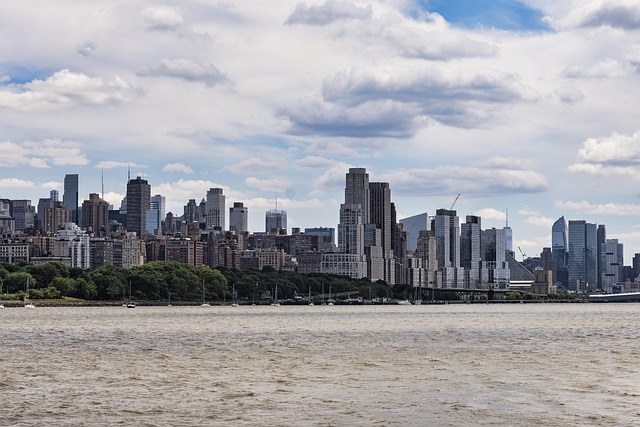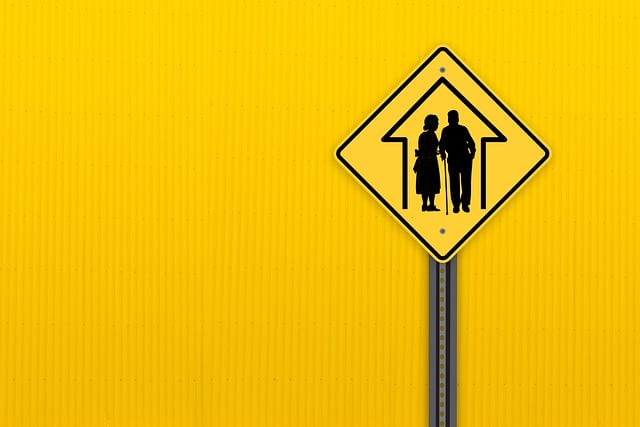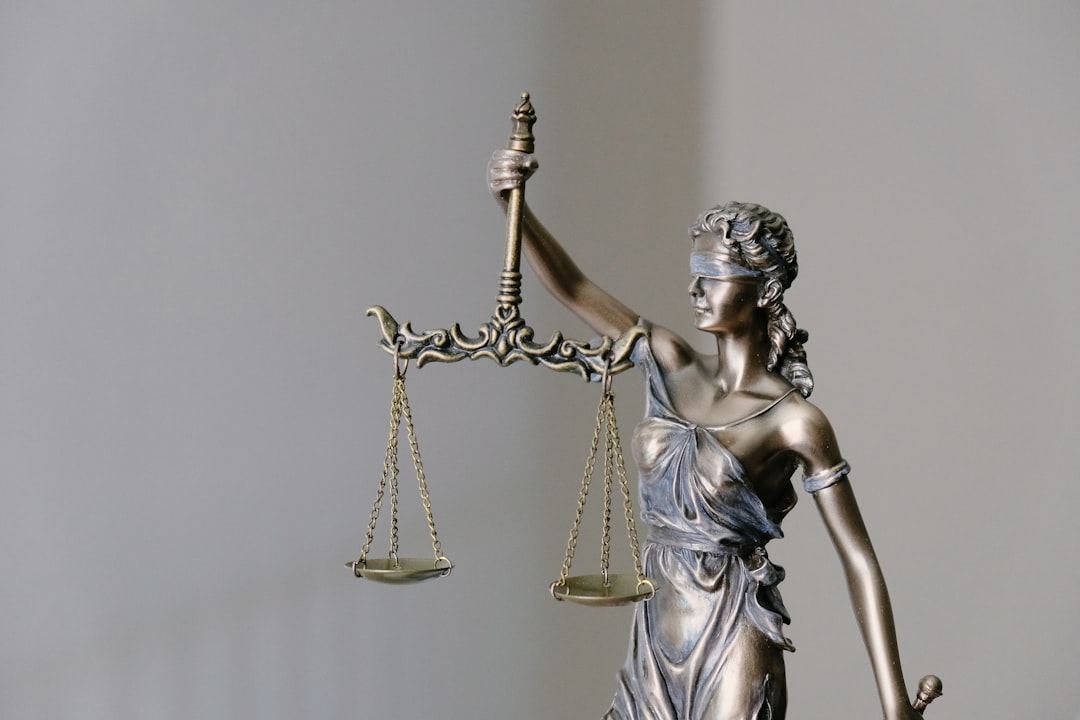Elder abuse, especially physical and sexual assaults, is a significant concern in New York nursing homes, with high reporting rates of elderly sexual assault cases. Vulnerable seniors often face mistreatment due to age, frailty, and cognitive impairments, while underreporting poses challenges for authorities. Elderly sexual assault lawyers in New York play a crucial role in seeking justice. Proactive measures such as improved staff training, stricter regulations, and better reporting mechanisms are essential to create safer environments for the elderly population and reduce assault instances in care facilities.
In New York, addressing the prevalence of elderly assault is paramount. This article explores critical strategies to prevent these incidents, focusing on the pivotal role of nursing home staff. We delve into the impact of comprehensive training programs and the creation of safe environments through design and protocols. Additionally, we scrutinize legal aspects and support systems for victims’ rights, emphasizing the importance of collaboration with elderly sexual assault lawyers in New York.
Understanding the Prevalence of Elderly Assault in New York
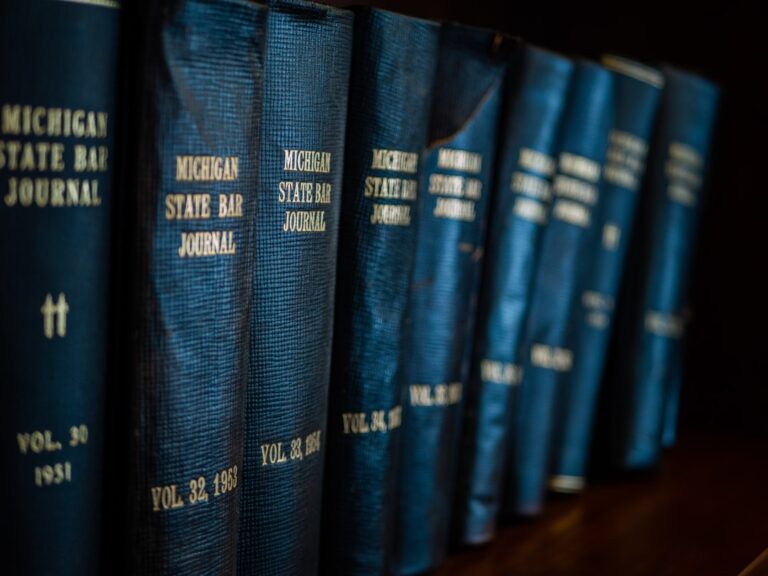
In New York, elder abuse, including both physical and sexual assaults, is a growing concern within the state’s nursing homes. According to recent statistics, the city has one of the highest rates of reported elderly sexual assault cases in the nation, highlighting a critical need for enhanced prevention strategies. Elderly individuals, especially those living in care facilities, are vulnerable to various forms of mistreatment due to their age, physical frailty, and potential cognitive impairments. The issue is further exacerbated by the fact that many victims may be reluctant to speak up or report incidents out of fear, shame, or a lack of understanding of their rights. This has led to an underreporting of cases, making it challenging for authorities and care providers to fully grasp the scope of the problem.
Given the sensitive nature of these incidents, having knowledgeable elderly sexual assault lawyers in New York is essential to ensure justice for victims and hold perpetrators accountable. The prevalence and potential long-term effects of elder abuse necessitate a multi-faceted approach, involving improved training for nursing home staff, stricter regulations, and better reporting mechanisms. By addressing these issues proactively, New York can work towards creating safer environments for its elderly population and reduce the instances of assault within care facilities.
The Impact of Staff Training on Prevention Strategies
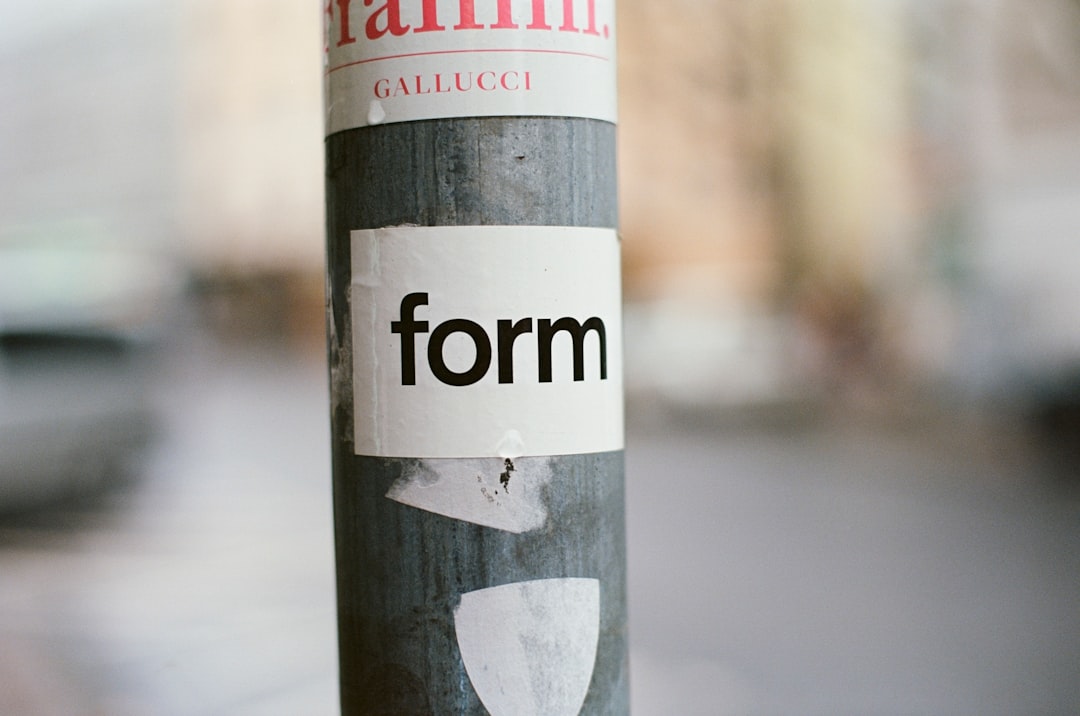
Staff training is a cornerstone in preventing assaults in nursing homes, and it plays a pivotal role in ensuring the safety and well-being of residents, especially vulnerable elderly individuals. Comprehensive training programs equip caregivers with the knowledge and skills to recognize potential risk factors for assault, such as changes in behavior or mobility issues, and intervene proactively. These strategies may include implementing enhanced surveillance, establishing clear communication protocols, and promoting a culture of respect and consent within the facility.
In New York, where elderly sexual assault cases have raised significant concerns, targeted training can empower staff members to act as guardians. By fostering an environment where residents feel safe and respected, staff can deter potential perpetrators and respond swiftly to any incidents. Effective training goes beyond basic first aid; it delves into emotional intelligence, cultural sensitivity, and crisis management, allowing caregivers to navigate complex situations with empathy and professionalism. This proactive approach not only prevents assaults but also strengthens the legal defense for elderly sexual assault victims, as well as holds aggressors accountable.
Creating Safe Environments: Design and Protocols

Nursing homes in New York play a pivotal role in safeguarding their residents, especially vulnerable elders, from potential assaults. Creating safe environments is a multi-faceted approach that involves both physical design and established protocols. The layout of the facility should encourage open visibility, minimizing hidden corners where assaults might go undetected. Well-lit spaces with clear pathways facilitate staff surveillance and swift response to any concerning situations.
Moreover, strict protocols for visitor access, staff training on patient privacy, and implementation of regular security checks are essential measures. Elderly sexual assault lawyers in New York often emphasize these aspects when advocating for the rights of nursing home residents. By prioritizing a safe environment, homes can significantly reduce risks and ensure the well-being of their elderly inhabitants.
Legal Aspects and Support for Victims' Rights
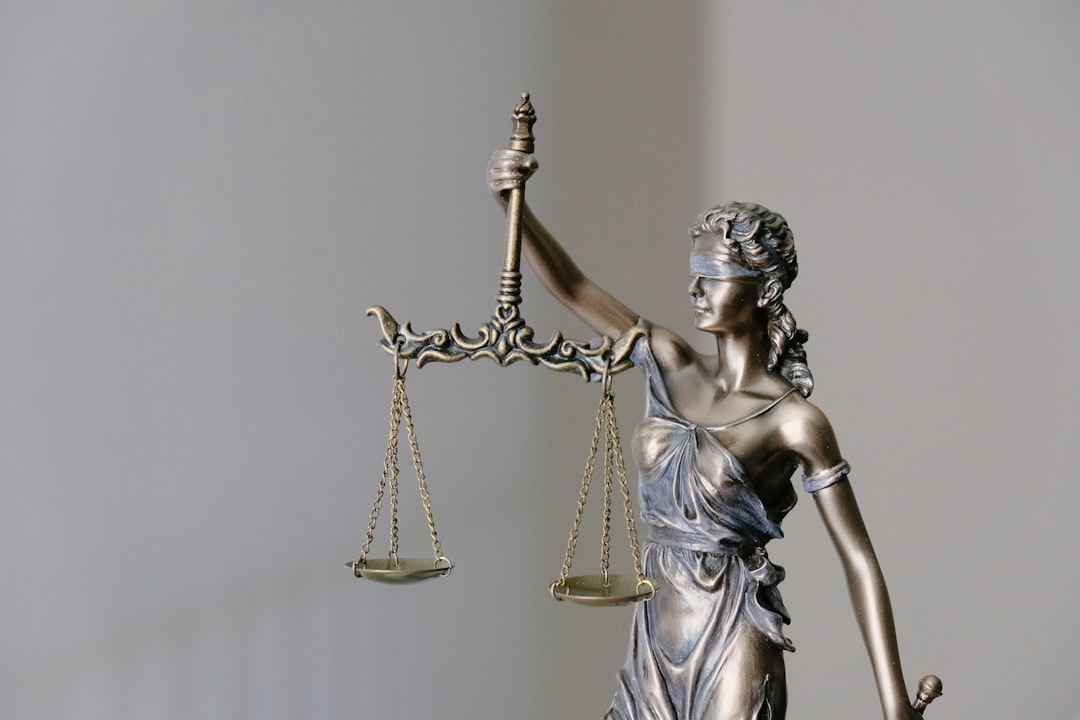
In New York, the legal framework surrounding elderly sexual assault in nursing homes is stringent. Elderly victims often face unique challenges, and their experiences may go unreported due to fear, shame, or lack of understanding. Legal provisions like the Older Adults Protection Act (OAPA) offer a robust framework for addressing such assaults. This legislation mandates strict reporting requirements for healthcare facilities, including nursing homes, and establishes penalties for non-compliance. Elderly sexual assault lawyers in New York play a crucial role in advocating for victims’ rights, ensuring that facilities adhere to these laws, and providing legal recourse when necessary.
Support services are also available for victims and their families. Non-profit organizations and government agencies offer confidential counseling, legal aid, and assistance in navigating the justice system. These resources empower elderly individuals who have suffered assaults to seek justice and hold perpetrators accountable. By combining legal rigor and victim support, New York takes a comprehensive approach to prevent and address nursing home assaults, prioritizing the safety and dignity of its elderly residents.
